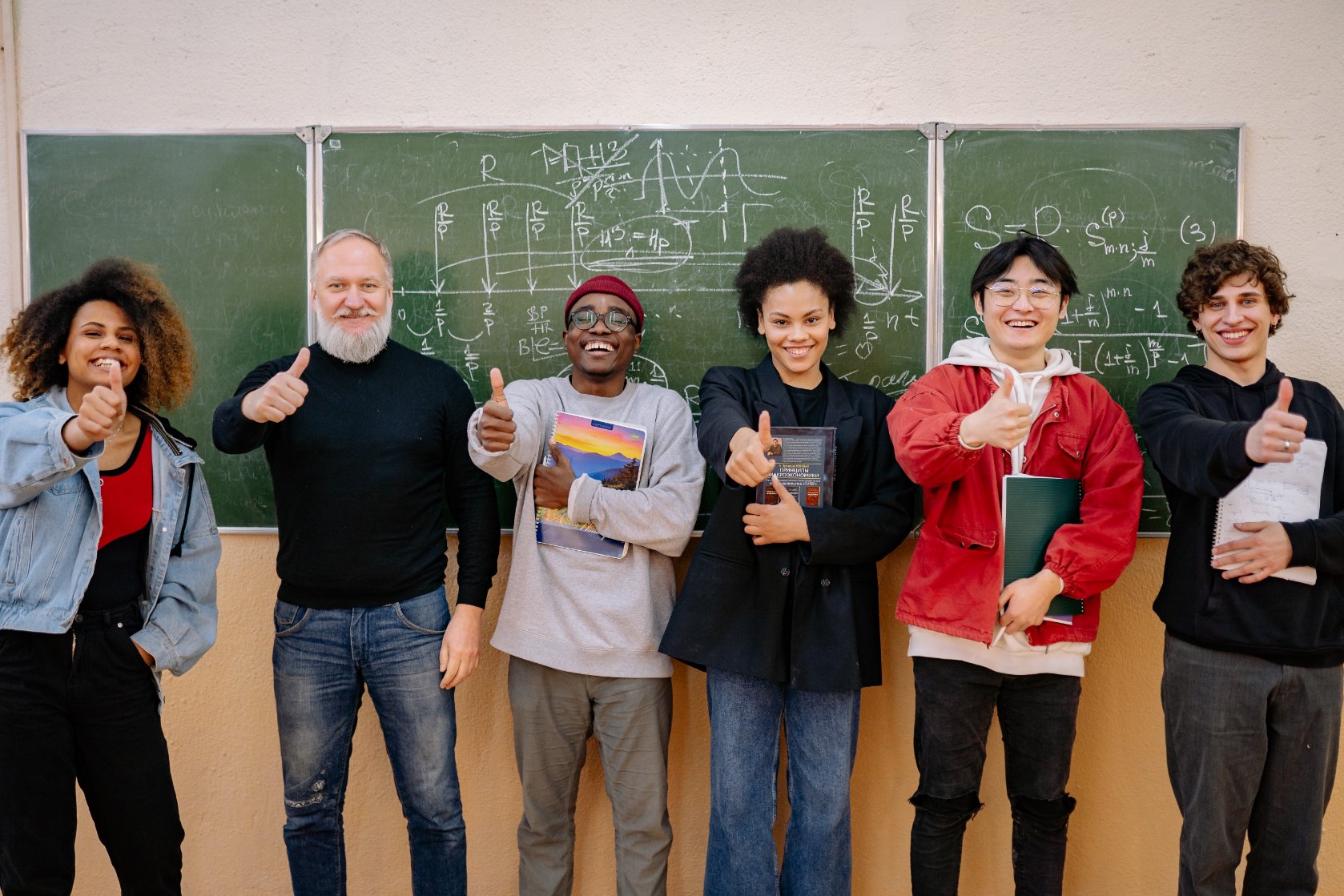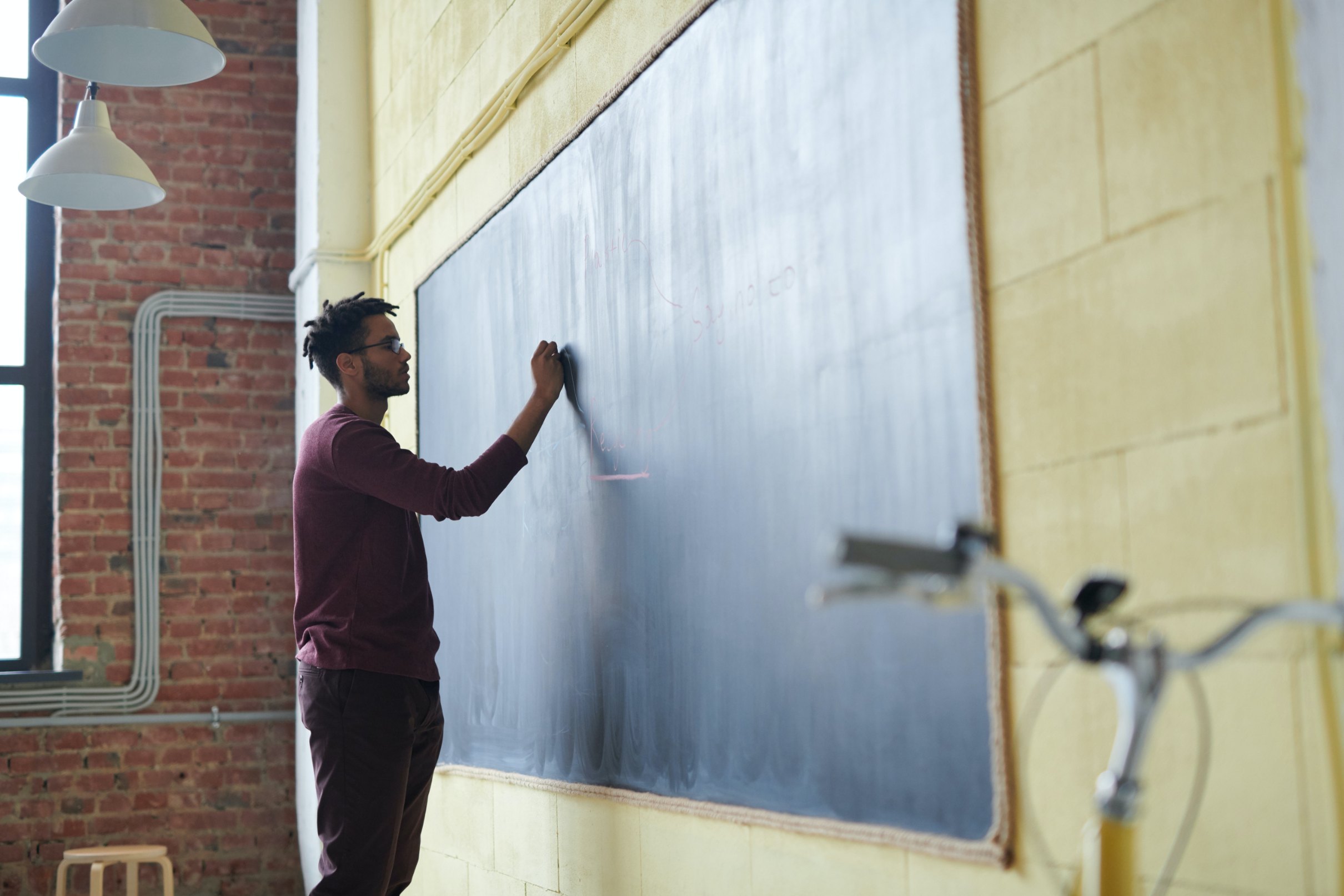Racial Equity Services
- Project Lead Coaches: Dr. John Hodge, Dr. Deran Whitney
- Grade Bands: All
- Delivery: In-Person (preferred), Hybrid, Virtual
- Specialized to a Population: No
- Audience: General Ed, SPED & Bilingual Teachers, Principals, Other School- and District-Level Administrators

Equity encompasses far more than the philosophical beliefs embraced by a school’s staff. Equity involves the actions taken by a staff to ensure that all students receive the social and academic support they need for success. The idea of equity is often confused with equality, which typically results in treating all students in the same manner. Approximately 68 years after the landmark Brown vs. Board of Education case, data still indicate that equal treatment is not equitable.
Systemic problems can only be adequately addressed with systemic interventions that target the underlying complexities of the issues we face. Targeted professional learning followed by ongoing support is the most appropriate way to ensure that schools are prepared to implement and sustain equitable best practices. ULLC’s approach involves a comprehensive analysis of school culture, student achievement, and school-wide disciplinary practices that will result in a site-specific plan of action to implement equitable best-practices. Our process begins with a review of school data to ensure that our support meets the specific needs of the school’s student population. Following our data review, professional development and support are based on the ULLC SAME Framework. ULLC interventions around equity include, but are not limited to differentiated instruction, school climate and culture, community outreach, restorative disciplinary approaches, and trauma-informed best practices.
Using this framework as our guide, we provide professional learning that will help schools implement trauma-informed, restorative practices that target the specific needs of students. When this is accomplished, students are more likely to attend school because they feel better about being there (Coleman, Hamrick, Hodge, Perkins, 2004). Additionally, achievement levels rise as negative behaviors are decreased (Mehan, H., Villanueva, I., Hubbard, L., Lintz, A., & Okamoto, D., 1996).
Culturally Responsive Teaching
- Project Lead Coaches: Kevin Wajek, Heather Peterson
- Grade Bands: All
- Delivery: In-Person (preferred), Hybrid, Virtual
- Specialized to a Population: No
- Audience: General Ed, SPED & Bilingual Teachers, Principals, Other School- and District-Level Administrators
Culturally responsive teaching strives to increase the engagement and motivation of students who historically have been both unsuccessful academically and socially alienated from their public schools. (In Good, 2008). This work empowers teachers, students, and leaders at every grade level. Through the examination of self and the realization that students bring to the classroom different language, background, and culture, teachers can begin the work of creating deep culture in their classrooms.
“No one teaching strategy works consistently to engage all learners. Motivation is inseparable from culture” (Wlodkowski and Ginsberg 2005). At ULLC, we know that teachers must establish learning environments that welcome and engage students who are historically marginalized in the traditional classroom. The landscape of classrooms is shifting; providing students with the skills they need to be learners is paramount in a world where the jobs of tomorrow do not yet exist today. Students must be deep thinkers. For this to occur, students must have classroom spaces where they are connected and valued. Building leadership and teachers must take time to examine their own culture, understand how their background influences the learning space, and how, through purposeful planning and work, they can shift the landscape of the classroom to meet students where they are and create growth opportunities.

By building the equity stamina of staff, ULLC will lay the foundation for teachers to examine their practices and the learning spaces they create. These learning opportunities will focus on both theory and instructional practices that are immediately implementable in the classroom. ULLC will also work specifically with building leadership so they can continue this work with staff. Leadership will outline key indicators within school improvement plans and coach teachers through the observation and walk-through process. Using the gradual release of responsibility model for professional learning, leadership coaches will guide staff as they work toward the creation of classroom environments that engage all learners. This process will ensure staff develop skills deeply, making connections over time to past learning and lived experiences thus cementing the work fully into their practices.
Social Emotional Learning and Wellness Programs
Project Lead Coaches: Heather Peterson,
M.A., Helen Mateosky
Grade Bands:
All
Delivery: In-Person (preferred), Hybrid,
Virtual
Specialized to a Population: No
Audience: General Ed, SPED & Bilingual Teachers,
Principals, Other School- and District-Level Administrators
The Collaborative for Academic
and Social Emotional Learning (CASEL) defines social and emotional learning
(SEL) as an integral part of education and human development. SEL is the
process through which all young people and adults acquire and apply the
knowledge, skills, and attitudes to develop healthy identities, manage emotions
and achieve personal and collective goals, feel, and show empathy for others, establish,
and maintain supportive relationships, and make responsible and caring
decisions.
When students have supportive relationships and opportunities to
develop and practice social emotional skills across different contexts,
academic learning accelerates. A 2017 meta-analysis reveals that SEL initiatives can have a sustained
impact on academics, behavioral conduct, and emotional distress lasting up to
18 years later (SRCD, 2017).
The impact of the pandemic makes it paramount to support the social
emotional well-being of students. The 2021 Educator Confidence Report states, “not only do 56% of educators
believe resources to support SEL in the classroom will be most critical
post-pandemic, but 82% agree that a well-crafted, fully integrated SEL approach
makes an impact on outcomes.”

ULLC will provide professional learning for district staff, administrators, instructional staff, and support staff on strengthening adult SEL. Early adopters of SEL have one common lesson: start with the adults (CASEL, 2019). Helping staff understand their own triggers allows them to create more effective structures, expectations, relationships, and instruction.
Participants will utilize a rubric to identify areas of strength and areas for development. Then, ongoing professional development will occur to build the skills of administrators, instructional staff, support staff, and district staff to build student SEL skills. The sessions will focus on modeling and infusing social emotional learning across schools and classrooms. ULLC coaches will develop customized walkthrough tools to ensure application of professional learning and strategies. Administrators and staff will learn to use the walkthrough tools to support peer-to-peer learning. SEL walkthrough tools will provide data to identify ongoing supports such as: coaching, modeling, or professional learning.
Using data, staff will use PLCs and/or planning time to debrief SEL strategies that are working in their classroom and identify next steps to support students. Administrators and members of school leadership teams will examine how adult and student SEL strategies support action steps in school improvement plans. School leadership teams will receive additional professional learning and support to ensure adult and student SEL remain a priority. A train-the-trainer model will be used to give staff the skills to conduct family engagement learning sessions on supporting SEL at home. ULLC coaches will model a session with families and equip staff to provide ongoing support.
